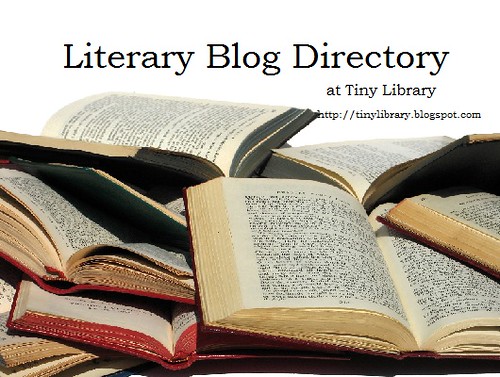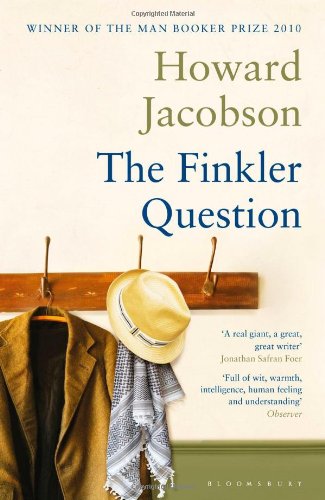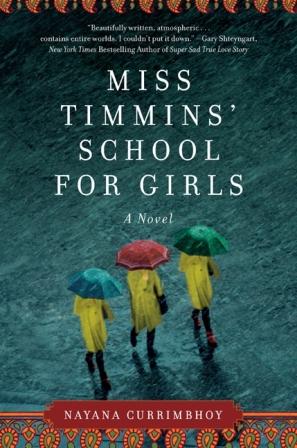So I'm going for it with the literary blog directory! My idea is that each entry will have your blog title, a short sentence about you, your blog and your favourite literary books. So for example my entry would look like:
Name: Sam
About: I'm a primary school teacher from the UK who loves literary fiction, historical fiction and exciting non-fiction. I post mainly reviews and the odd discussion post. I read mainly books that are already published.
Favourite literary books: Small Island by Andrea Levy and Half of a Yellow Sun by Chimamanda Ngozi Adichie.
At the moment I plan to host this on my blog, but if it expands a lot it might end up needing it's own space. You'll need to bear with me, I've not organised anything like this before! If you want to be included, simply fill out the form below and I'll get things started. I will add blogs in the order they tell me they want to be added.
Of course, this directory will need a bit of publicising if I stand a chance of reaching blogs that I'm not already following. I'm going to do my bit on the book blogs website and by searching for new blogs, but if you know of a blog you think I should list, either let them know about my little project or let me know in the comments box and I'll get in touch with them. Brownie points for anyone who reposts or publicises :)
Any questions, email me at s.murray10@yahoo.co.uk















